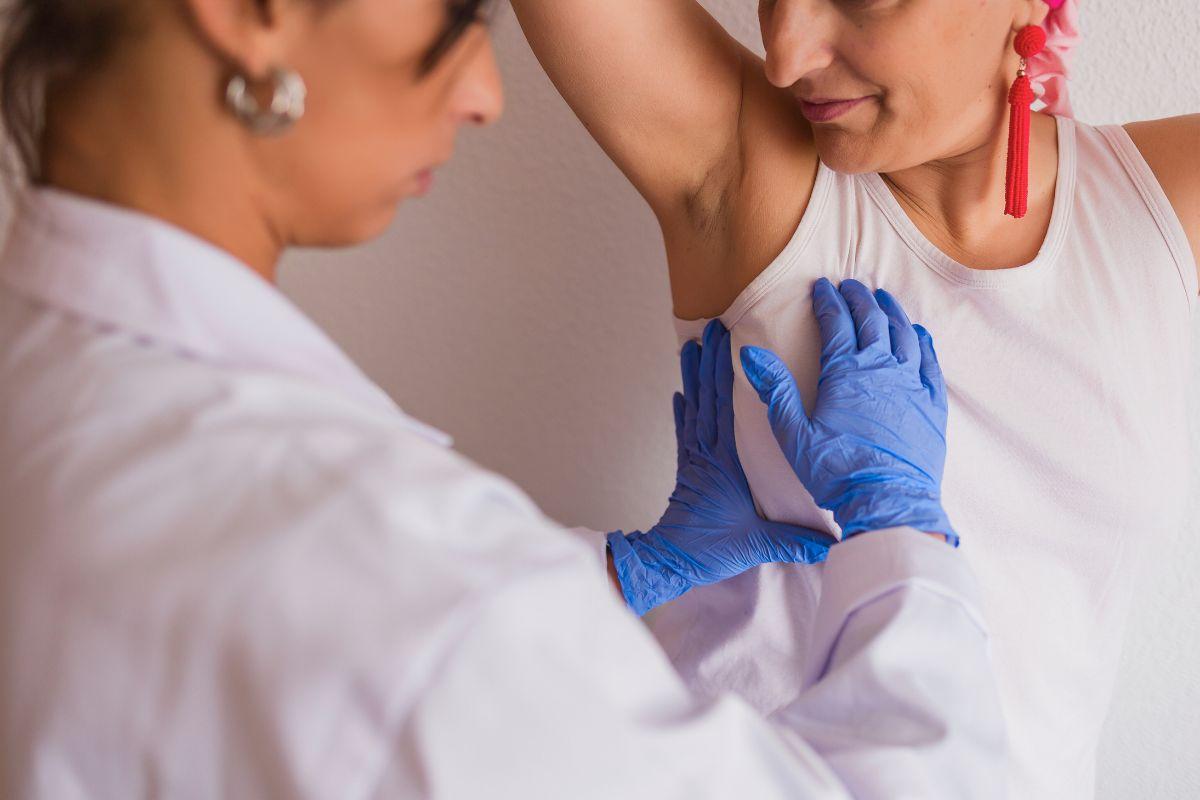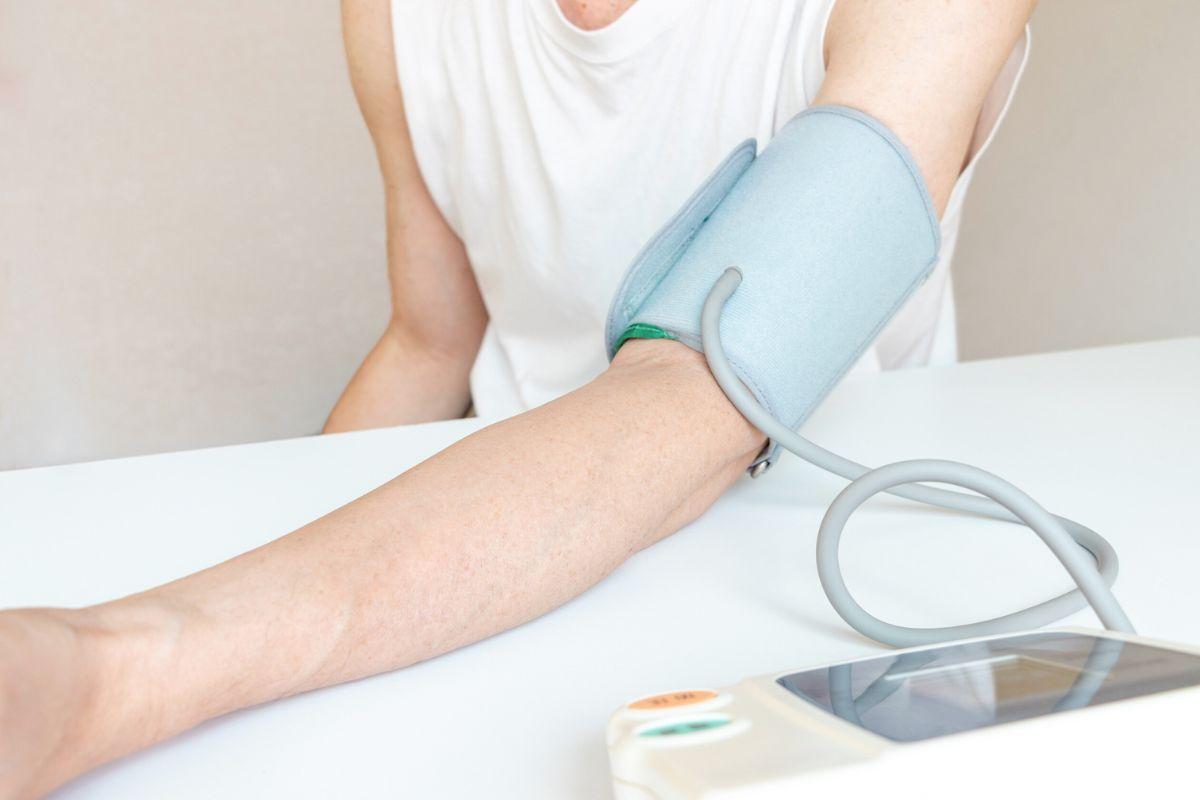Written by Dr Tim Lebens for Doctify
Adolescent behaviour is often put down to ‘too much testosterone’. Acne too. But what happens later in life if you don’t have enough? Dr Tim Lebens, a private GP in London, explains what testosterone deficiency is, and what symptoms to look out for. Could you be going through man-o-pause?
The marked increase in interest amongst clinicians and the general public around the “man-o-pause” has led to confusion, controversy and intrigue as news outlets and social media pick up snippets of information.
One of the latest trends to have emerged is testosterone replacement therapy for those men who meet the criteria for testosterone deficiency syndrome: a low blood testosterone level and some of the symptoms listed below.
Why does it happen?
When men are in their thirties testosterone levels start falling, usually by about one or two percent a year. Fortunately, due to the body’s natural reserves, testosterone doesn’t usually need replacing. However, if testosterone drops too low it can lead to significant health issues including heart disease, sexual dysfunction and depression.
What are the signs?
There are a number of different, non-specific symptoms of testosterone deficiency including:
- reduced libido/sexual performance
- loss of physical strength and endurance
- poor concentration
- erratic sleep
- low mood
- fatigue
The symptoms are often subtle and may be indistinguishable from other more common health conditions such as depression. Sometimes medications can cause side effects similar to these symptoms too.
Testosterone deficiency can only be diagnosed when there is a combination of symptoms and a positive morning blood test. Testosterone levels vary over the course of the day, so the test should be done in the morning, ideally at around 9am.
The blood test is crucial because the symptoms of the andropause are very common and often occur at a time in life when mental health problems are common – the so called “mid-life crisis”. It is therefore very important to try and establish what else may be causing the symptoms you are experiencing. This can be done by setting your GP who can talk through your symptoms and arrange a blood test.
How does treatment help?
If you require testosterone replacement, the effects can be dramatic and you may see a boost in energy levels accompanied by an improving mood and libido. You may also notice a redistribution of fat and muscle. However, one should not regard this as a cure to symptoms which are related to one’s general lifestyle (stress and depression, for example) as these symptoms will not be addressed with testosterone replacement.
Lastly, once a diagnosis has been made, it is important for you to book a follow-up appointment with an endocrinologist to initiate and monitor treatment.




